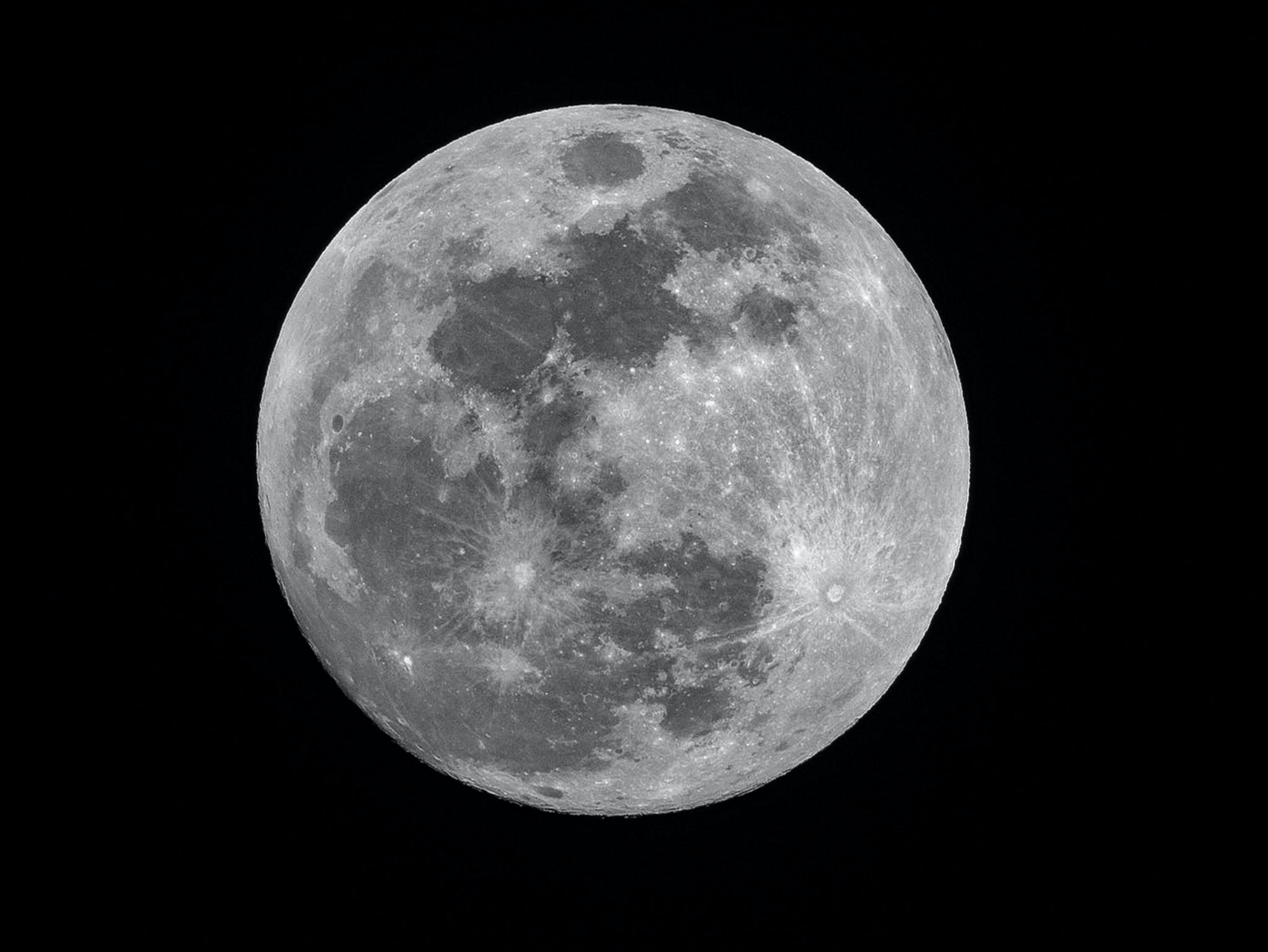The Fascinating World of Synchronicity Psychology
Synchronicity — a term coined by Swiss psychiatrist Carl Jung — refers to the concept of meaningful coincidences that cannot be explained by conventional cause-and-effect relationships. It suggests that events may be linked together through a meaningful connection beyond logical explanation. Although often dismissed as mere chance, synchronicity has intrigued psychologists and philosophers alike, prompting investigations into its psychological underpinnings and implications.
Understanding Synchronicity
Synchronicity occurs when two or more events, seemingly unrelated, converge in a significant manner, evoking a sense of meaning or purpose. According to Jung, these events share a meaningful connection that transcends ordinary causality — they possess a deeper symbolic significance that can serve as a guide on our personal journeys of self-discovery and growth.
Jung described synchronistic experiences as moments when the subjective and objective realms intersect. He believed that synchronicity arises from the collective unconscious — a shared reservoir of knowledge and archetypes that influences our thoughts, emotions, and behaviors.
These experiences can take various forms, such as meeting someone unexpectedly after thinking about them, receiving a timely message or sign, or repeatedly encountering specific numbers, symbols, or themes. While skeptics may attribute such experiences to chance, synchronicity enthusiasts argue that the meaningful nature of these connections suggests otherwise.
Exploring the Psychological Mechanisms
Psychologists have attempted to unravel the psychological mechanisms that underlie synchronicity. Several theories provide potential explanations:
1. Causal Perception Bias
One theory suggests that synchronicity arises from our cognitive bias towards perceiving causality in events, even when no obvious causal relationship exists. Humans are predisposed to seek patterns, connections, and meaning, which may lead us to interpret coincidences as more than mere chance occurrences.
A study conducted by Gillett (2016) found that individuals who score higher on measures of magical ideation — a tendency to believe in paranormal phenomena — also report higher frequencies of synchronistic experiences. This finding supports the notion that individual predispositions and cognitive biases can influence the perception and interpretation of synchronistic events.
2. Unconscious Processing
Another perspective posits that synchronicity may result from unconscious mental processes that connect seemingly unrelated events. Our unconscious mind constantly processes vast amounts of information, drawing on associations and connections that surpass conscious awareness.
Neuroscientist Kevin Ochsner suggests that the brain’s associative networks, which link different concepts and memories, play a role in creating synchronistic experiences. These networks may allow unconscious thoughts and emotions to manifest in the form of meaningful coincidences.
3. Archetypal Resonance
Jung proposed that synchronicity originates from the archetypal realm of the collective unconscious. Archetypes represent universal patterns and themes that transcend time and culture. They are deeply ingrained in human experience and contribute to the symbolism and meaning associated with synchronistic events.
For example, the appearance of a wise old man in a dream or a synchronistic encounter may reflect the archetype of the “wise guide” or mentor, providing valuable insights or guidance. These archetypal resonances are thought to arise when the personal unconscious interfaces with the collective unconscious.
The Significance of Synchronicity
Synchronistic experiences often carry a profound meaning and significance for individuals. They can awaken a sense of interconnectedness, spirituality, and wonder, prompting introspection and self-reflection. Synchronicity can also serve as a catalyst for personal transformation and serve as a guide along life’s journey.
Some individuals actively seek out synchronistic experiences, considering them as meaningful messages or confirmations of their path. Others view synchronicity as a product of heightened awareness or a harmonious alignment with the universe.
While synchronicity remains a subject of debate within the scientific community, its impact on individuals’ lives cannot be understated. Many people find solace, inspiration, and a renewed sense of purpose through their encounters with synchronicity.
Synchronicity in Practice
Various therapeutic approaches incorporate the concept of synchronicity, recognizing its potential therapeutic benefit. Jungian analysts, in particular, explore synchronistic experiences as valuable material for psychotherapy.
Therapeutic practices that emphasize mindfulness, introspection, and developing a heightened awareness of one’s inner and outer experiences may also promote the recognition and integration of synchronistic events.
Furthermore, the study of synchronicity extends beyond individual psychology. Social psychologist Abigail Marsh suggests that collective synchronistic experiences can strengthen social bonds, heighten cooperation, and foster a shared sense of purpose among groups of people.
The Mystery Continues
As theories and speculations abound, the true nature and origins of synchronicity remain elusive. Its subjective and ethereal nature defies easy explanation, challenging the bounds of conventional scientific understanding.
Synchronicity psychology continues to intrigue researchers, therapists, and those fascinated by the interconnectedness of life. Whether dismissed as coincidence or perceived as meaningful, synchronistic experiences provoke curiosity, wonder, and the eternal search for deeper understanding.
So, the next time you come across an uncanny coincidence, a serendipitous encounter, or a perfectly timed event, consider the possibility that it may not be a mere chance occurrence. Dive into the world of synchronicity and discover the hidden significance that lies within these mesmerizing connections.
References
- Jung, C. G. (1973). Synchronicity: An Acausal Connecting Principle.
- Gillett, R. (2016). Magic and the social mind: On the explanatory relevance of interpersonal magic for cognitive science. Cognitive Science, 40(7), 1555-1591.
- Ochsner, K. N., Ludlow, D. H., Knierim, K., Hanelin, J., Ramachandran, T., Glover, G. C., & Mackey, S. C. (2006). Neural correlates of individual differences in pain-related fear and anxiety. Pain, 120(1-2), 69-77.
- Marsh, A. A. (2006). Social Psychology and the Phenomenon of Collective Synchronicity. Social Psychology Quarterly, 69(3), 238-257.
Table of Contents
